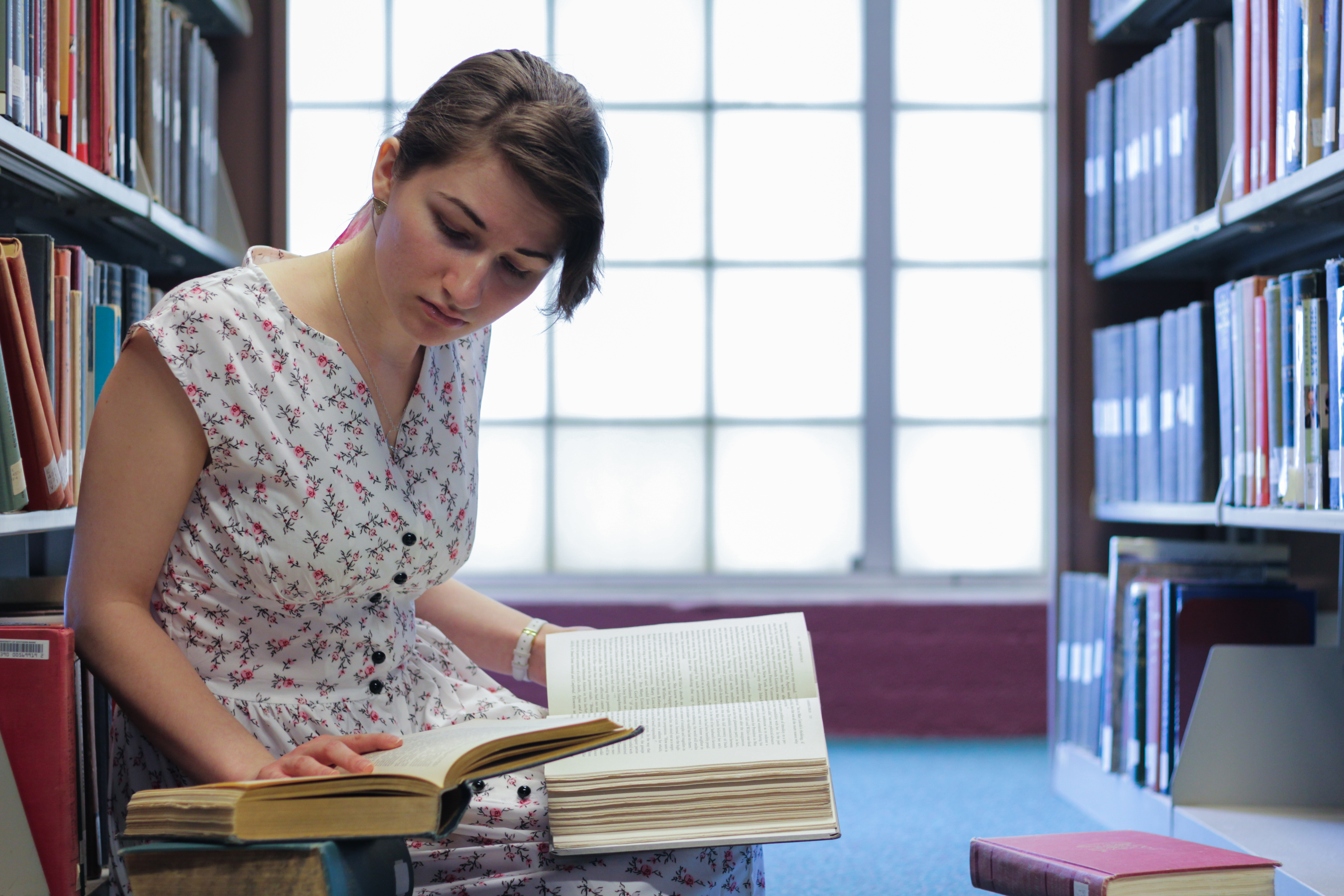By Cooper-John Trapp, Staff Writer
Finals week begins May 4, 2019 and ends May 10. Over the course of those 168 hours, nearly 8,000 students will demonstrate their mastery of course material through presentations, proposals, essays, examinations, labs, portfolios, performances and recitals. Whether through the inscription of pen on paper, play of a musical instrument or ‘click’ of electronic submission, finals week is the end of a semester’s learning.
USM students, tutors, mentors, graduates and counselors gave their perspectives on how to survive the most trying week of the academic year.
Before finals:
Get a head start: Olivia Williams, a junior accounting major, says “not giving into procrastination” is the number one strategy that helps her.
Hone in on the key takeaways of class: This will help narrow down what topics to review. Williams also recommends asking professors for study guides if there is any uncertainty.
During study time: Write it all out: Then make a plan based on when it’s due, says CJ Moody, a junior nursing student.
Take a break during cram sessions: “I find it helpful to think about anything besides what I’ve been studying for hours. I might go for a run, play basketball with friends, watch a show or go eat food,” says Moody.
Write it down: Writing the material down on paper “helps solidify the material,” Williams reports.
Time management is the #1 issue: “This is something students struggle with no matter what else they need to balance in their lives,” says Cara Muthig, an academic mentor in Philippi Hall. She says that, “I think lack of time management skills stem back to the amount of time our generation spends on electronics”.
Try a break from technology.
Break down large projects and papers into smaller steps: This will “decrease the likelihood of feeling overwhelmed,” says Anna Gardner of University Health and Counseling.
Take breaks: “There is research regarding progressively declining attention span and productivity after 30-45 minutes,” Gardner says. She suggests utilizing a 50-minute hour and not thinking about what you are studying during the break.
Tried and true relaxation/coping techniques: Gardner says “Whether it is exercise, seeking support, taking a walk, deep breathing, meditation, coloring or something else,” do what works for you.
Drink coffee, but not too much: Having up to three and four daily cups of coffee is linked to positive health outcomes, and is demonstrated to improve studying outcomes. Additionally, researchers at John Hopkins University found that caffeine increases the ability to retain memories for at least 24 hours. More than four cups a day, which is around 400 milligrams of caffeine, a day is considered no longer safe, according to the Mayo Clinic. Excessive caffeine can increase feelings of anxiety, stress and restlessness, which is detrimental to learning. Also, drinking coffee or energy drinks less than six hours before bedtime will impact your ability to sleep. Sleep, in the end, is the ultimate study aid.
The night before your final:
Avoid substances: Some students report that a nightcap, or one alcoholic drink helps calm their nerves and fall asleep. However, all current research strongly opposes this course of action.
Get a good night’s sleep.
Final takeaways:
Finals are out of line with USM’s ideals. Muthig says that having a finals week testing everything students have learned in every class, “does not fit into the idea that USM is ‘the university of everyone.’” She says that she is lucky to have a work-study job and not have to work full-time, while nontraditional students with families and full-time jobs are, “are expected to put in the same amount of time as students like myself and perform just as well.”
For academic resources and tutoring, contact the Learning Commons usm.maine.edu/learningcommons/tutoring-services. For de-stressing resources, see University Health and Counseling at 125 Upton (Gorham) and 105 Payson Smith Hall, and online at usm.maine.edu/uhcs. Additionally, May 2 is the Gorham Campus Activities Board’s “Stress Relief” event at 8 p.m. for therapy dogs, massages, free food and more. More information can be found at usm.maine.edu/activities/gcab-stress-relief.

